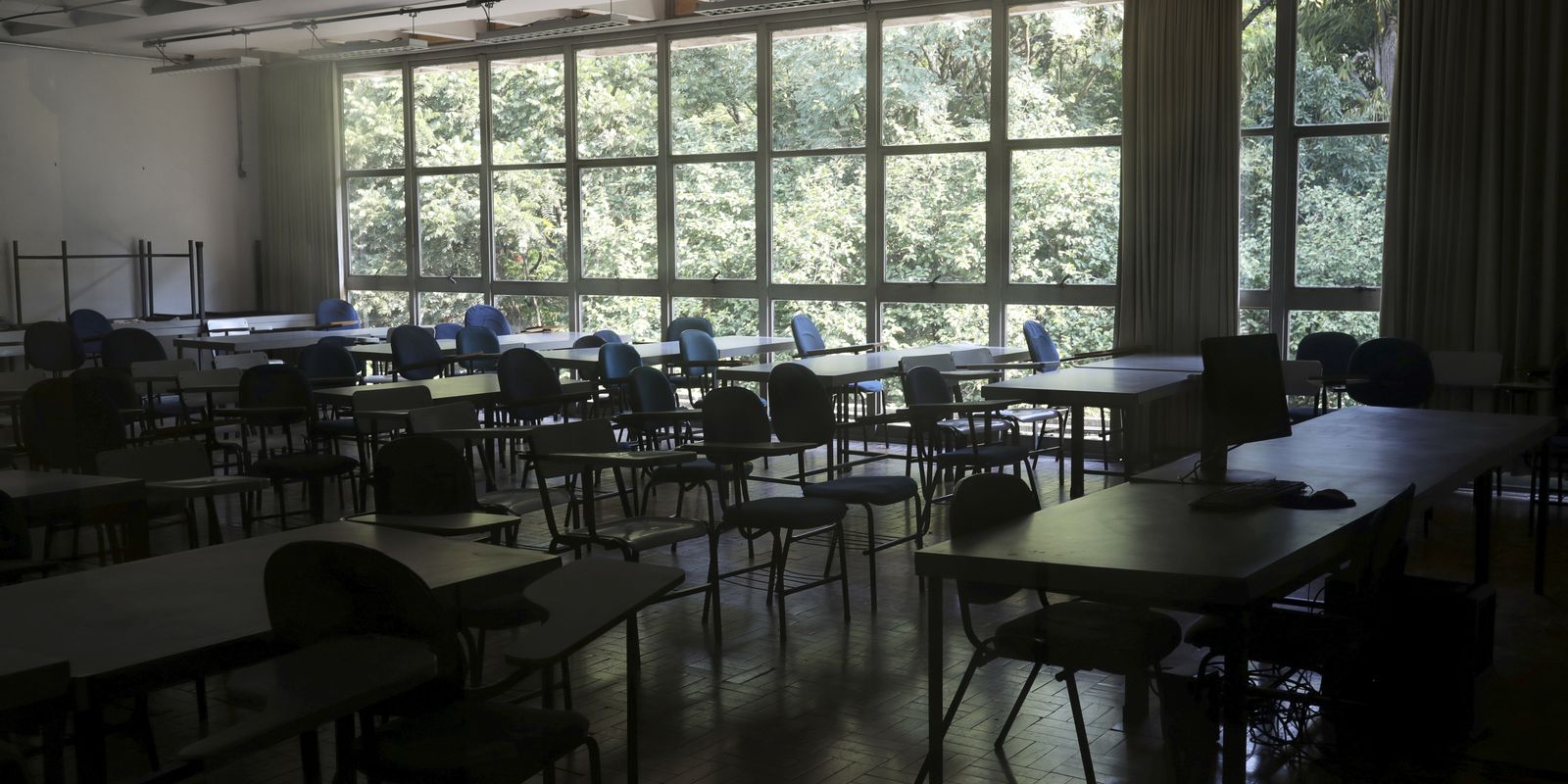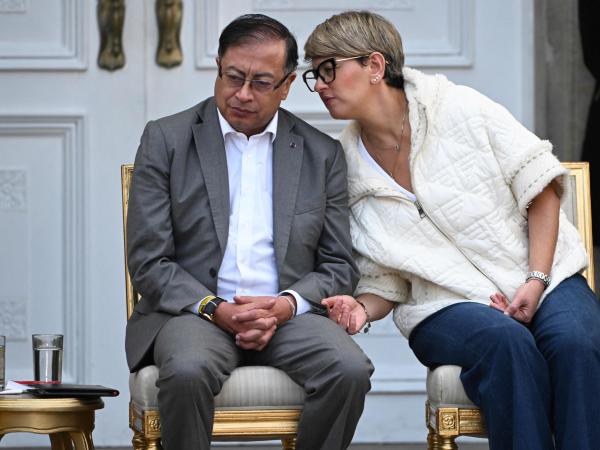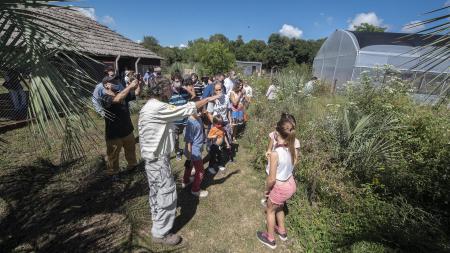The covid-19 pandemic has compromised the development of millions of children and young people in low- and middle-income countries, the World Bank announced today (16). The combination of inefficient remote teaching, workplace closures and food insecurity will compromise productivity in later life.
According to a report by the financial institution, lack of knowledge in children up to 5 years old can translate into a 25% drop in earnings in adult life. In school-age children, the loss can be up to 10% of earnings. The pandemic, the World Bank stressed, had an impact on human capital, defined as knowledge, skills and health accumulated over a lifetime.
According to the report, entitled Collapse and Recovery: How the COVID-19 Pandemic Deteriorated Human Capital and What to Do About It, learning rates are far from recovering compared to the pre-pandemic period. Preschoolers (up to age 4) performed 34% worse in language and literacy and 29% worse in math compared to 2019.
The deterioration is repeated in enrollments. At the end of 2021, enrollments in several countries were more than 10 percentage points lower than before the pandemic. School-aged children (ages 6 to 14) lost 32 days of learning for every 30 days school closures. This is because students not only stopped learning, but forgot part of what they had learned.
The effect is even more cruel in low- and middle-income countries, which have not been able to implement efficient remote learning policies. Learning impairments have increased, and now about 70% of 10-year-olds cannot understand a basic text. Nearly 1 billion children missed at least one year of face-to-face education and more than 700 million missed at least one and a half years in these countries.
Young people
With regard to young people (15 to 24 years old), covid-19 resulted in fewer jobs and lower wages. At the end of 2021, the absolute level of youth employment recovered in relation to before the pandemic, but the recovery was not enough to incorporate those who had just entered the labor market. About 40 million people who would have jobs if it weren’t for the pandemic were unemployed.
Young people’s earnings fell by 15% in 2020 and 12% in 2021. The report estimates the impact of unemployment or low-paying jobs for those entering the labor market in up to 10 years, with wages 13% lower on average. According to the World Bank, people under the age of 25 today, who make up the population most affected by the pandemic, will represent more than 90% of the active workforce in 2050.
In Brazil, the number of young people in the “nem-nor” category, who neither studied nor worked, rose significantly and reached 22% in the last quarter of 2021.
In Latin America, children lost 1.7 years of learning because of particularly long school closures. In Brazil, schools were fully closed for 44% of the time from April 1, 2020 to March 31, 2022 and 90% of the time partially closed. Preschool enrollments fell by more than 13 percentage points at the end of 2021 compared to the pre-pandemic period, with a greater drop in children from lower income groups.
Measurements
The World Bank has listed both short-term and long-term measures to deal with the deterioration of human capital. In the short term, countries should promote and support vaccination campaigns and nutritional supplementation of young children; increase access to preschool and increase the coverage of cash transfer programs to vulnerable families.
For school-aged children, the report suggests increasing instructional time, assessing learning to match instruction to student levels, and streamlining curricula with a focus on core learning. For youth, the World Bank suggests support for tailored training, job placement, entrepreneurship programs, and new initiatives targeting the workforce.
In the long term, the report highlights, countries must build health, education and social protection systems that are agile, resilient and adaptable to current and future shocks, such as new pandemics or challenges arising from climate change. If this is not done, warned the World Bank, there will be not just one, but several lost generations.
World Bank Group financing to deal with the pandemic totaled US$ 72.8 billion between April 2020 and June 2022. Of this total, US$ 37.6 billion refer to credit lines from the World Bank itself and US$ 35.1 billion in funding from the International Development Agency. In the same period, 300 human capital development projects (education, training and health actions) in middle and low-income countries received support from the group, totaling US$ 47.5 billion.

















